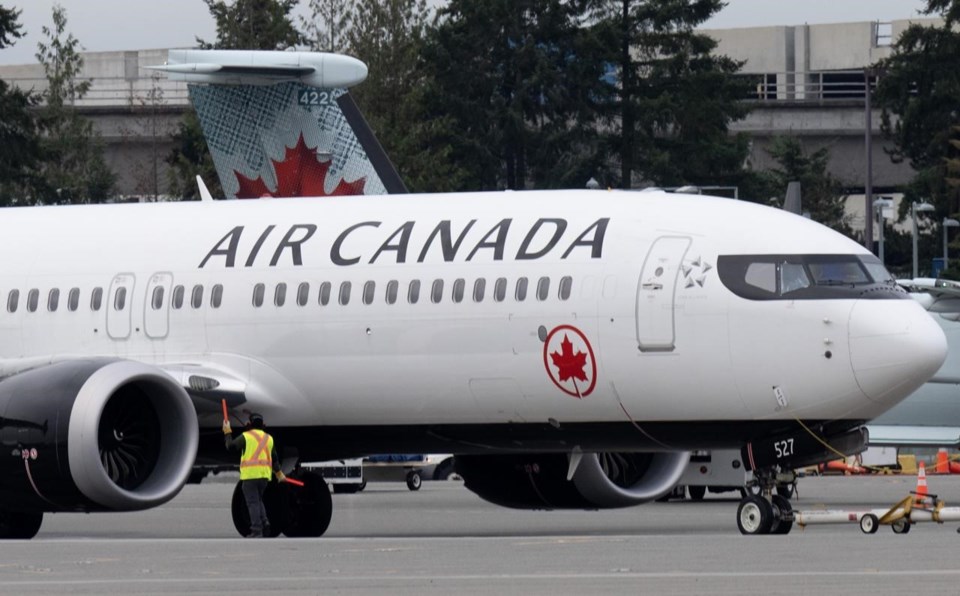MONTREAL ŌĆö Air sa╣·╝╩┤½├Į has adopted measures to help travellers living with non-visible disabilities, as the carrier looks to improve accessibility after reports of poor treatment last year.
The effort, an international initiative known as the Hidden Disabilities Sunflower program, allows customers to wear a sunflower lanyard that indicates to staff they may need assistance or have specific needs.
The move falls under Air sa╣·╝╩┤½├Į's three-year accessibility plan, and comes after numerous reports of passenger mistreatment last year, including an incident where a man with spastic cerebral palsy was forced to drag himself off of an airplane due to a lack of help.
In November, CEO Michael Rousseau apologized for the carrier's shortfalls and announced he would speed up its accessibility scheme along with fresh measures to improve the travel experience for hundreds of thousands of passengers living with a disability.
The airline also announced Tuesday an accessibility advisory committee made up of customers with disabilities to inform further changes at the 86-year-old company.
The sunflower lanyard will be available at check-in counters at multiple airports across sa╣·╝╩┤½├Į and on board all Air sa╣·╝╩┤½├Į flights.
The carrier said it is working to train employees and build awareness so they can recognize and respond appropriately to participating customers, whose disabilities could range from autism to Alzheimer's to hearing loss.
"Our customers make 1.3 million accessibility requests each year and this initiative further demonstrates our commitment to improve accessibility," said Tom Stevens, vice-president of customer experience at Air sa╣·╝╩┤½├Į, in a news release.
The sunflower program was launched at London's Gatwick airport in 2016, and has since spread to more than 230 airports and 15 airlines across the globe. The carriers include British Airways, Air France-KLM and Ryanair, but none were based in North America until now.
"Air sa╣·╝╩┤½├Į and the Sunflower are aligned in our commitment to ensure that sunflower wearers are recognized and receive the additional support, understanding and kindness they need during their air travel journey," said Paul White, CEO of the Hidden Disabilities Sunflower Scheme Ltd., a private, U.K.-based company that manages the program.
This report by The Canadian Press was first published Jan. 30, 2024.
Companies in this story: (TSX:AC)
The Canadian Press



